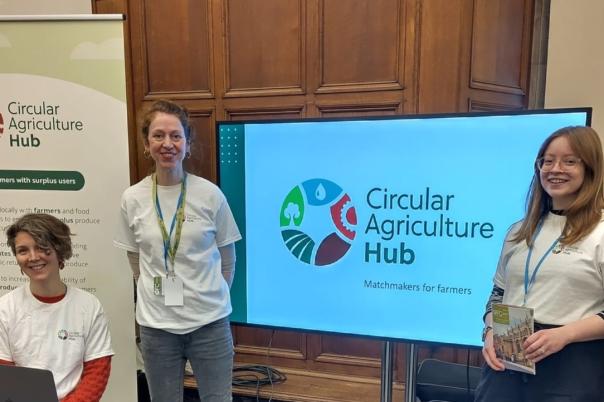
The initiative is the result of a long-standing academic collaboration between Dr Lucy McCarthy, associate professor at the University of Bristol Business School and Professor Anne Touboulic, professor of socio-ecological systems at Nottingham University Business School.
The new company, Circular Agriculture Hub, has now been incorporated and received £40,000 in seed funding from ImpactU to accelerate its development. Every year, around 7% of food intended for consumption is wasted on farms, while millions face food insecurity.
By connecting small and medium-sized farmers with buyers who can make use of surplus or imperfect produce, such as mis-sized vegetables or cosmetically damaged fruit, the Circular Agriculture Hub aims to reduce waste and redistribute food more equitably.
Dr McCarthy said: “This project brings together our research on sustainable food systems with the real-world needs of farmers and communities. By building new relationships between producers and buyers, we hope to shift how food is valued and distributed, supporting both people and planet.”
Farmers can list surplus produce on the hub platform; community organisations and other buyers can express interest or make offers and transactions are completed directly, with flexibility and negotiation at the core.
Professor Anne Touboulic added: “The dominant food system is failing too many — especially small-scale farmers. Our collaborative research shows how new economic models can support sustainable practices while addressing food insecurity. Circular Agriculture Hub is a step towards that change.”